Latest news
Stay up to date on the latest activities and publications from hera
Archive
- 2023
- 2024
- Aarti Patel
- Accountability
- Afghanistan
- Africa
- Alejandra Martinez
- Algeria
- Alice Behrendt
- Alice Peschiutta
- Angola
- Anne Buve
- Argentina
- Asia Pacific
- Assessment
- Bangladesh
- Basic Health Services / Primary health care
- Behaviour Change Communication
- Belize
- Benin (Dahomey)
- Botswana
- Cabo Verde
- Calvin Tonga
- Caribbean
- Central Asia
- Chad
- Child Protection
- Children
- Cholera
- Climate change
- Communicable diseases (CD)
- Community Engagement
- Community Health Workers
- Comoros
- Costing studies
- Country Capacity
- Covid-19
- Crisis Management
- Côte d'Ivoire
- DRC
- Demand side financing
- Development
- Development Cooperation
- Dia Timmermans
- Dijbouti
- Drug Pricing
- Drug Regulatory Authority
- Ecuador
- Ed Vreeke
- Education
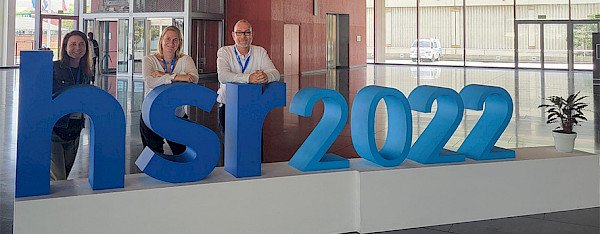
Unpacking from the Health Systems Research Symposium (HSR 2022) – Bogotá, Colombia
At the end of October this year, hera’s Director Marieke Devillé, CEO Leen Jille and Project Officer Alice Peschiutta made the trip to attend HSR2022 in Bogota, Colombia. By all accounts, it was an engaging experience and a positive immersion in health systems research.

Gender equality mainstreaming in health evaluations and research workshop #HSR2022
At the Seventh Global Symposium on Health Systems Research (HSR2022) in Bogota, Colombia, hera Director Marieke Devillé, along with Alejandra Martinez presented a participatory workshop on gender-responsive evaluation and research approaches.

Update on the Spotlight Initiative Mid - Term Assessment: Eliminating all forms of violence against women and girls
In October 2020, hera was awarded a two-year contract with UN WOMEN for the Mid-Term Assessment of the Spotlight Initiative, a multi-year initiative between the European Union (EU) and the United Nations (UN), focused on eliminating all forms of violence against women and girls (VAWG).
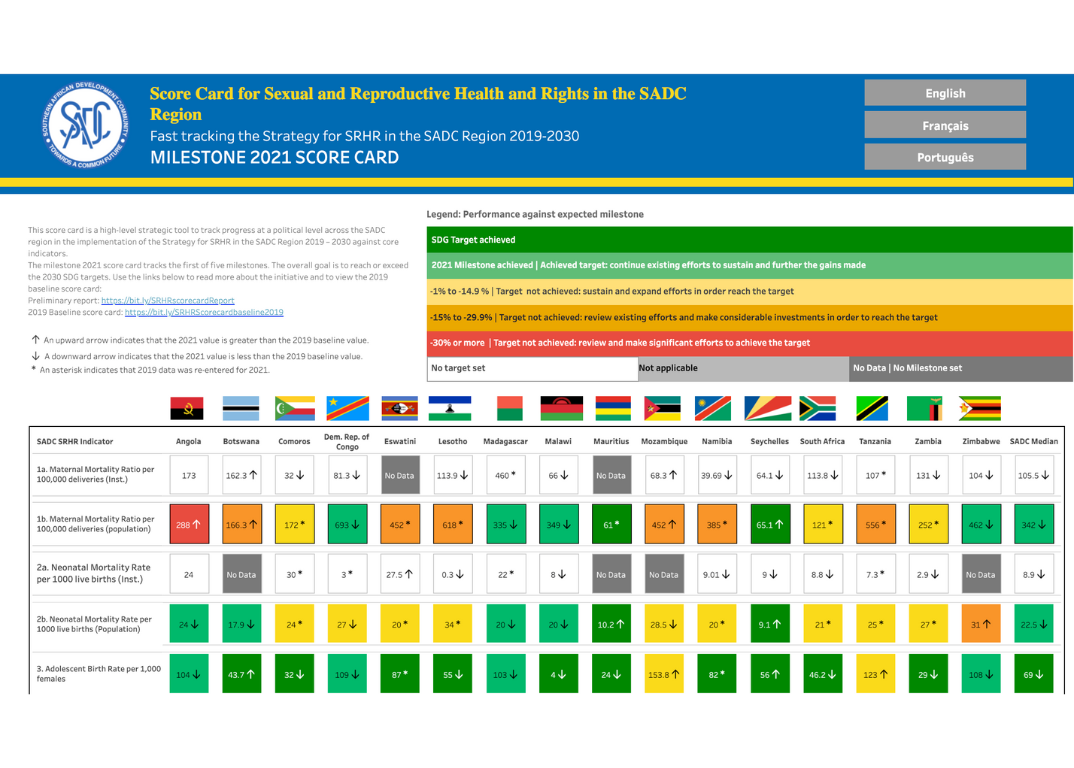
The Sexual and Reproductive Health and Rights (SRHR) scorecard of the Southern African Development Community (SADC)
The SRHR SADC Scorecard is a high-level peer review accountability tool to track progress of the Region in achieving the SADC Regional Strategy for SRHR 2019-2030 and the SRHR targets of the Sustainable Development Goals. It consists of 20 key indicators to track progress in meeting the 10 outcomes of the strategy. Member States are to report every two years on progress made against the SADC Scorecard.

Launch of the 2021 UNFPA State of the world population report - My Body is My Own
The 2021 UNFPA report highlights the critical need for bodily autonomy. COVID-19 worsened the problem, with increased gender-based violence and limitations on healthcare access. The report acknowledges challenges faced by diverse groups. hera's research on women's decision-making around sexual health contributed to the report, with a focus on agency that goes beyond access to services.
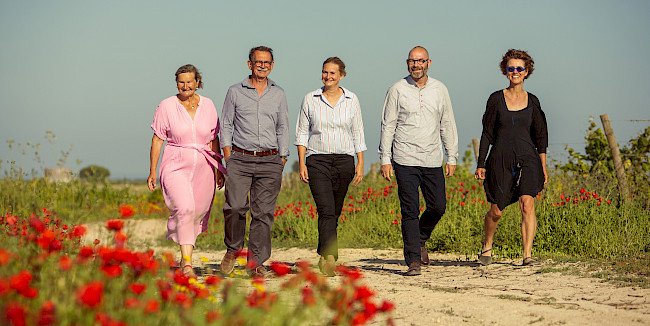

Switching the Poles
Assessment of a Belgian government-funded program run by the Institute of Tropical Medicine (ITM), which aims to build research and healthcare capacity in developing countries. Evaluators reviewed 24 projects and 10 thematic networks across 18 countries and came forward with findings that will inform future collaborations to improve global health.
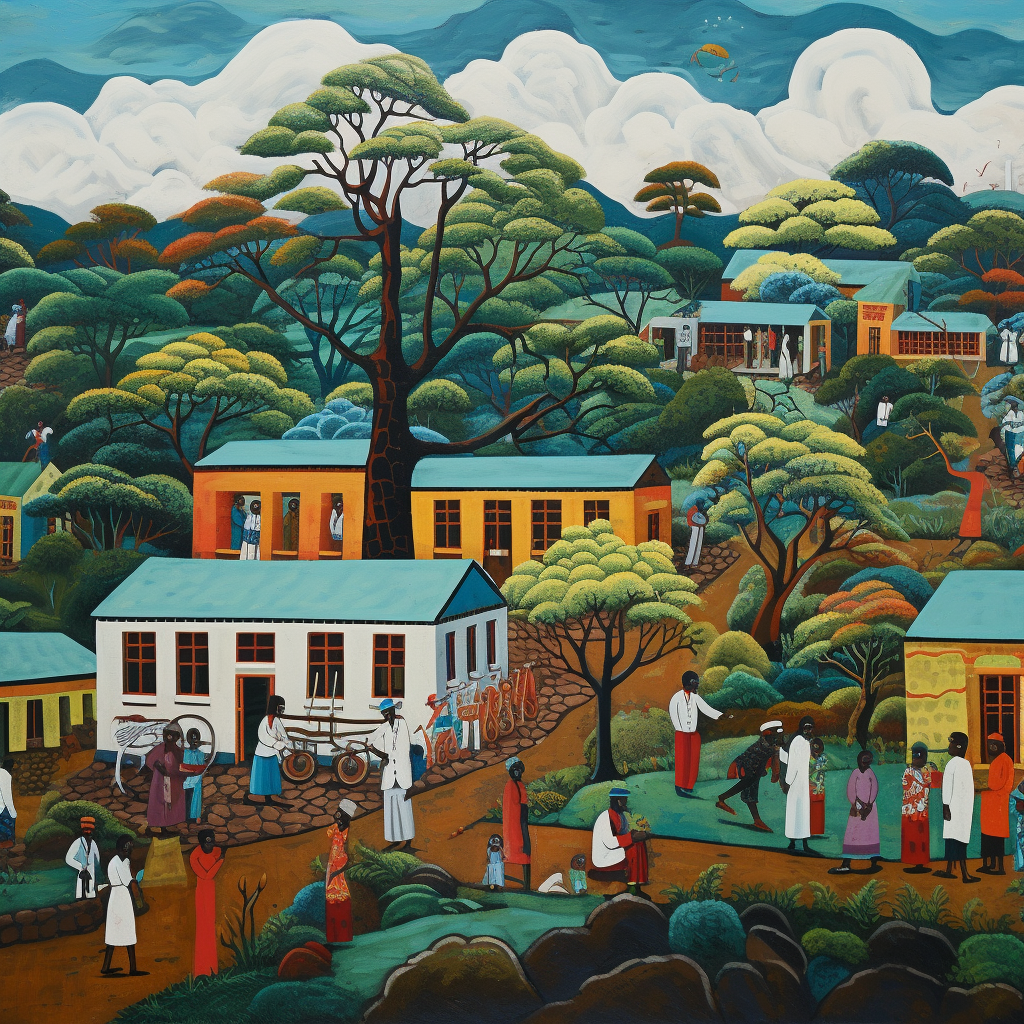
Mozambique - MTR cooperation Flanders Mozambique - Flanders BuZa
hera's MTR evaluated implementation progress, identified challenges, and provided recommendations for improvement. The findings helped shape the subsequent CSP phase, emphasizing innovation and addressing key healthcare issues.

hera supports EU-funded program to reduce Maternal and Child Mortality in Guinea Bissau
Over a span of four years, the hera team worked to improve access to quality healthcare for pregnant women and children under five in Guinea-Bissau.
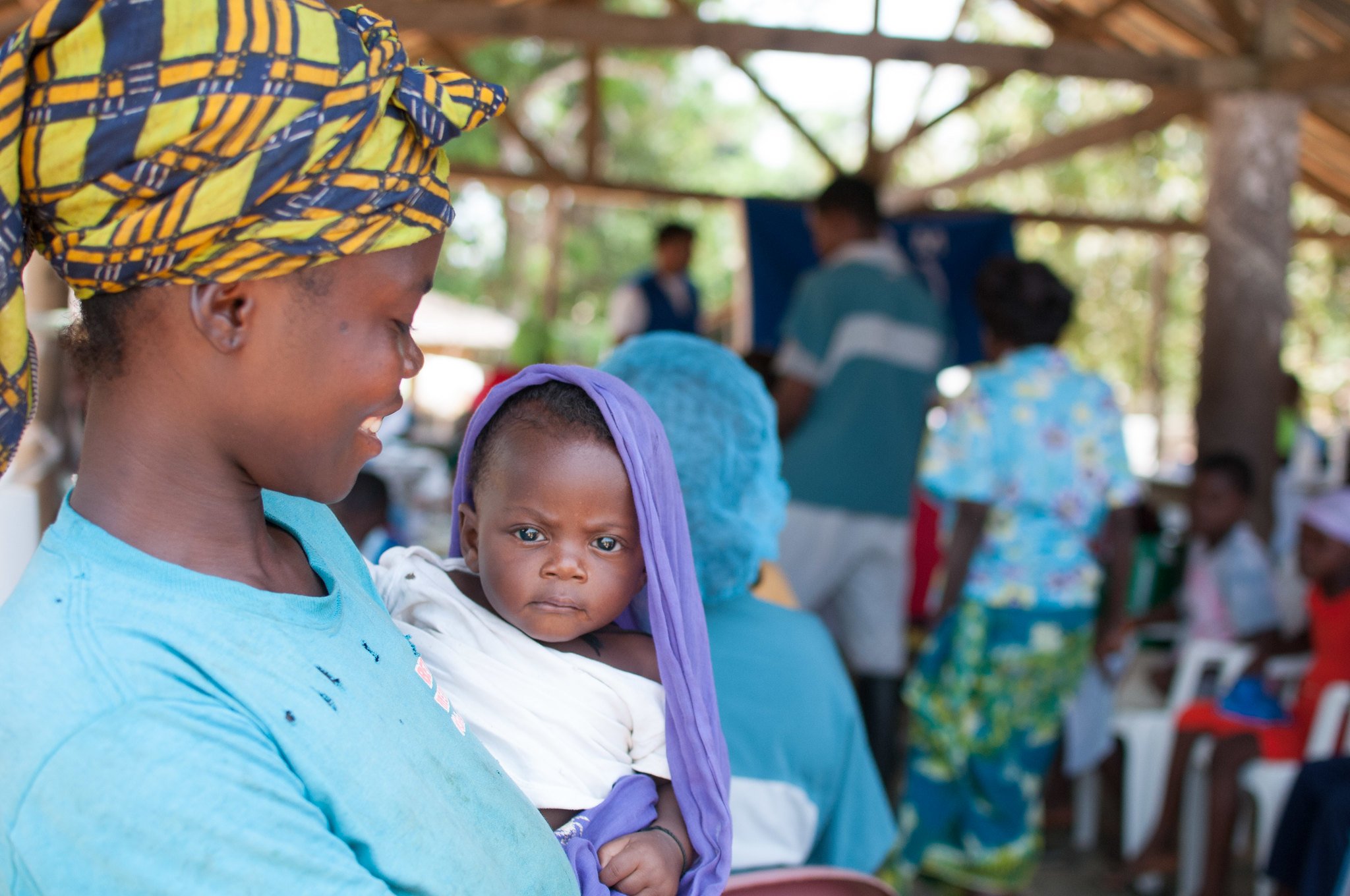
Summative evaluation of the WHO Rapid Access Expansion (RAcE) Initiative
In 2012 the government of Canada provided a grant to the WHO Global Malaria Programme (GMP) to support the scale-up of the diagnosis and treatment of children with pneumonia, diarrhoea and malaria by Community Health Workers, an approach known as integrated community case management (iCCM). The six-year programme, labeled the Rapid Access Expansion (RAcE) initiative, distinguished itself from other internationally funded iCCM programmes by aiming to achieve universal health coverage for all children in hard-to-reach areas within selected geographic boundaries.
